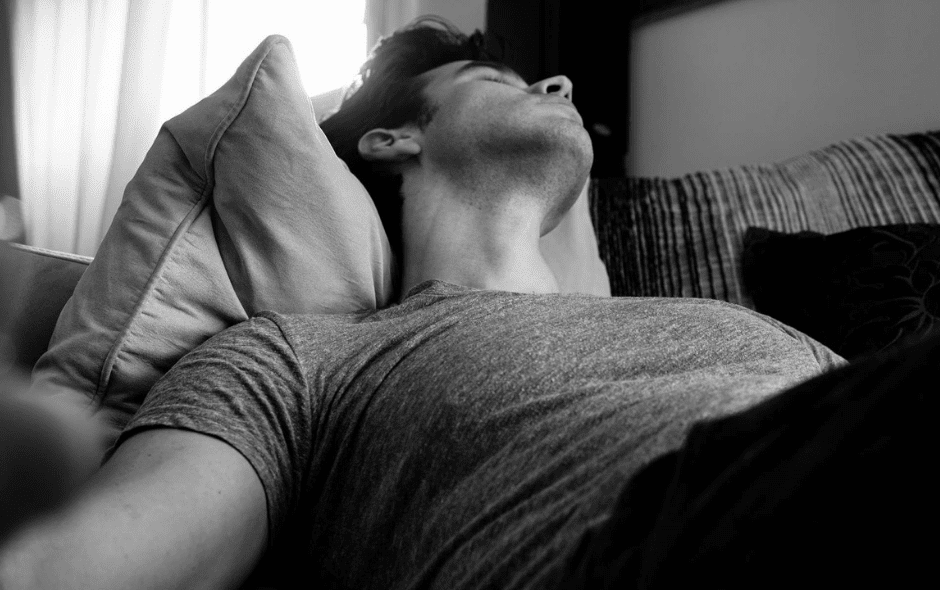There are some seizure triggers that are common to many people with epilepsy.
Over the next few weeks, we will be highlighting some of these common seizure triggers and the ways in which you can best prevent them.
Please note, not every person has a trigger for their seizures, in many cases, seizures just happen.
This week’s blog looks at lack of sleep and being tired.
We have five different types of sleep and we move in and out of each state through the night.
At each stage, certain parts of the brain are particularly active. Sleep is important for everyone’s health but it is especially important if you have epilepsy.
If your sleep is disrupted it can also affect your mood, concentration, and short-term memory.
Not getting enough sleep
If you don’t get enough sleep, you may be more likely to have a seizure. Some types of seizures, like myoclonic seizures (sudden jerks of your arms, head or whole-body), are more likely when a person is tired or just waking up.
The reason why too little sleep affects seizures is unclear. We know that moving from one type of sleep to another and waking up causes significant changes in brain activity. These changes may trigger seizures.
Hormonal changes that happen while you sleep may be a trigger too. Some anti-epileptic drugs (AEDs) can also affect the quality of your sleep.
Ways to get a good sleep
We all know how important it is to get a sound and restful sleep. There are different things you can try to help. The main guidelines are:
- Go to sleep and get up at regular times to help your body establish a sleep pattern.
- Make sure your bedroom is quiet, dark, and kept at a comfortable temperature.
- Avoid stimulating activities (like exercise), caffeine, nicotine, alcohol, and chocolate, late in the evening.
Sleep seizures
Studies show that around 20% of seizures happen during sleep. People with sleep seizures will often have disturbed sleep and this, in turn, can increase the number of seizures that they have.
It is important to ensure that you get enough sleep if you have seizures during the night. You might be able to ask your employer for a reasonable adjustment under the Equality Act, which could mean a later starting time.
It is important to remember that having sleep seizures may mean that you are more tired during the day.
Being tired is also dangerous when driving or operating machinery.
Some people refer to sleep seizures as nocturnal seizures. This is not an accurate term to use though because you can have sleep seizures whenever you are asleep, day or night.
More information can be found in our lack of sleep factsheet.




